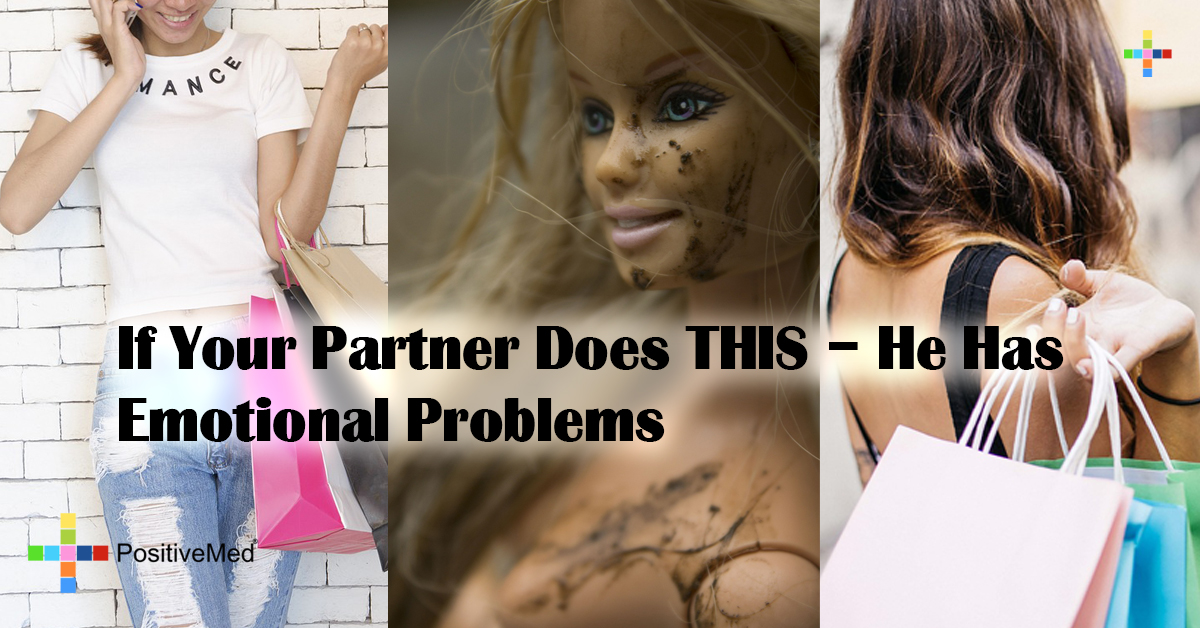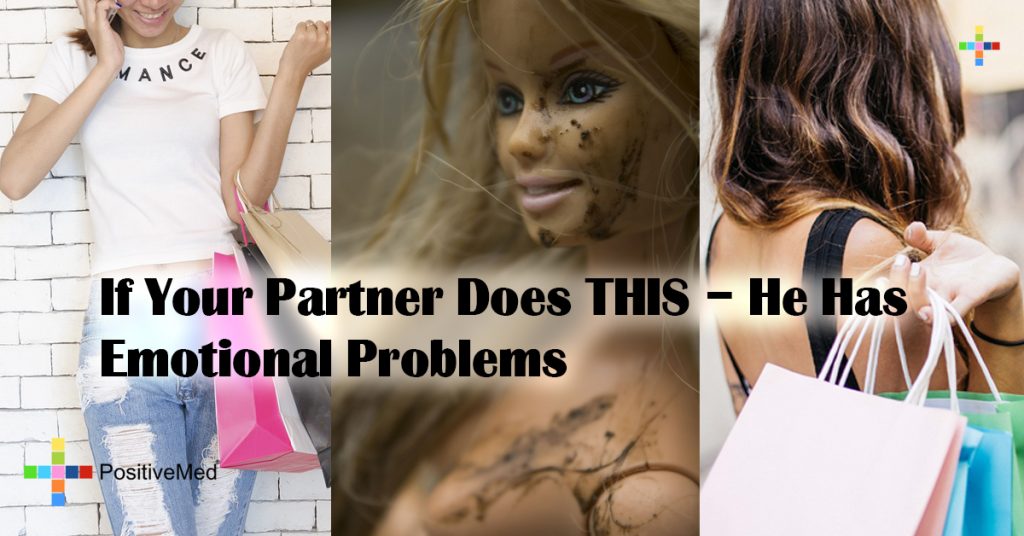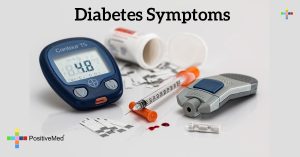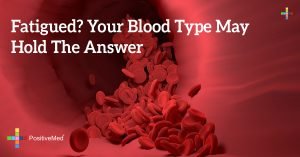
If Your Partner Does THIS – He Has Emotional Problems
[nextpage title=”…”]
Relationships are intrinsically complex. What is healthy or isn’t healthy in a relationship may not be clear to all people. Thankfully, there are certain signs you can look for to determine whether or not your partner has good emotional health.
1. Your Partner Is Physically Unhealthy
One thing you should know about health, in general, is that physical and emotional well-being are interrelated. According to the National Institute of Mental Health, depression can have very physical symptoms such as headaches, fatigue, insomnia, pain and digestive problems.
Stress can certainly take a physical toll on a person’s overall health as well. This can be stress from work, past trauma or even current relationships. If your partner appears to be in poor health, there may be physical medical reasons for that. However, if your partner is also emotionally unhealthy, those emotional problems can also manifest in physical symptoms.
2. You Partner Has Problems with Impulse Control or Addiction
Another clear sign of poor emotional health is a lack of impulse control. Impulse control often comes in the form of serious addiction. According to DrugAbuse.org, 17.3 million people in the United States are addicted to alcohol.
However, not all forms of addiction are related to alcohol or drugs. Gambling addiction, for example, is a serious problem in many parts of the country. Eating disorders are also quite common and can ravage a person’s long-term health. A person may even simply have trouble spending too much money while shopping or using the internet all day. Overall, this kind of behavior is usually used as an escape from deep-seated emotional issues.
RELATED ARTICLE: 12 Signs You’re In An Emotionally Abusive Relationship
[/nextpage] [nextpage title=”…”]
3. Your Partner Uses Passive Aggression
While overt aggression is a serious problem in and of itself, many people tend to overlook passive aggression as a strong sign that there are problems in a relationship. Passive aggression can come in the form of actions that are subtle but still designed to anger or attack another person emotionally.
Even dropping hints about why a person is unhappy about a situation instead of telling them upfront can be a form of passive aggression. Often, the other person doesn’t get the message about what they did wrong. This kind of behavior is a sign that a person is emotionally immature. People who are emotionally mature in a relationship are able to communicate things clearly without aggression, whether passive or not.
4. They Don’t Have High Self Esteem
Lack of self-esteem is another clear sign of emotional problems. If a partner can only talk about their self in negative terms, there is an issue. To be healthy, a person needs to be able to conceptualize their self in a positive light. If not, this can certainly have consequences for a partner. They may, for example, react negatively to simple affection.
5. They Never Get Angry
One thing that may surprise many people is that occasional anger is actually a positive sign of emotional health. Many times, anger is a form of healthy emotional release. What isn’t necessarily healthy is keeping a person’s anger regarding situations bottled up under the surface. This can allow those negative emotions to fester until they turn into hatred, which is an unhealthy emotion. However, if a person is continually angry no matter the situation or context, there indeed is a problem.
Overall, entering into a relationship should also mean agreeing to help each other. Part of this should certainly involve helping a person emotionally. If you do notice emotional problems, you should certainly try to help that partner overcome them to improve your bond.
[/nextpage]






